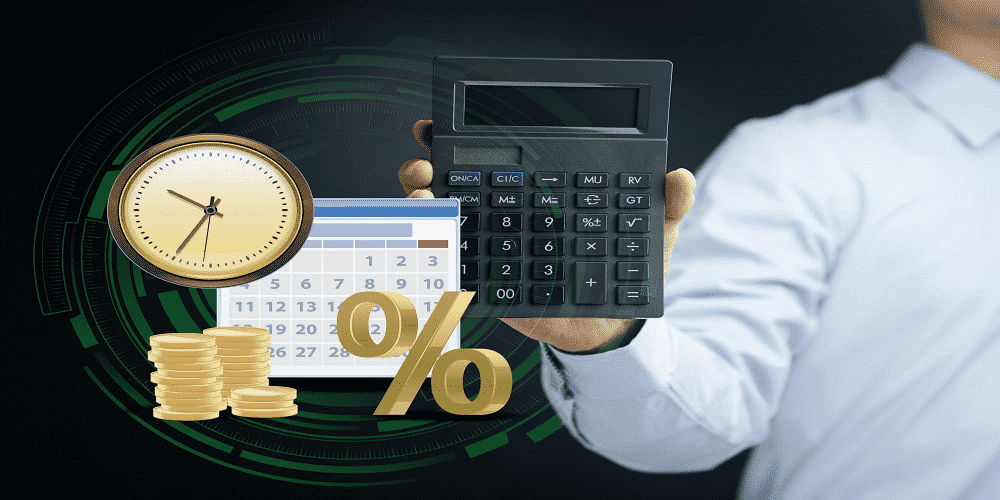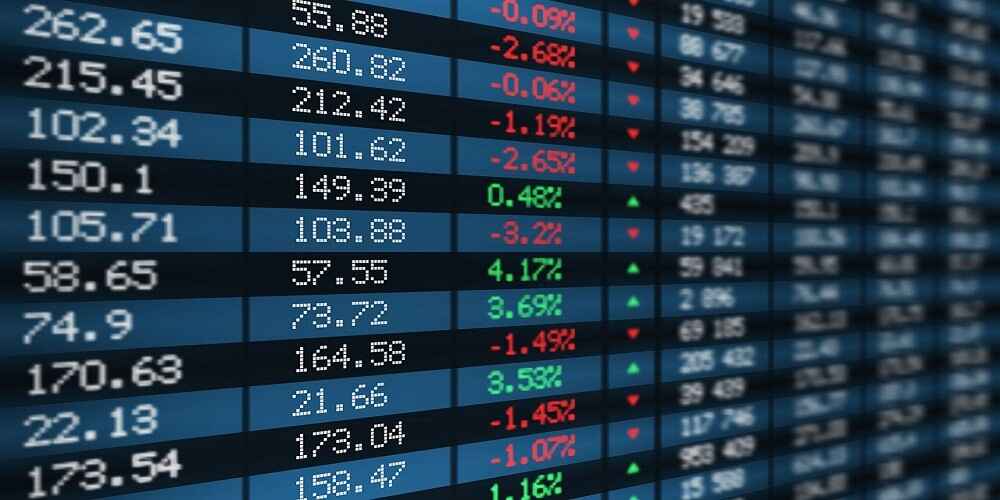In today’s volatile financial landscape, safeguarding savings is crucial for individuals seeking stable returns. One of the most reliable financial instruments to consider is the fixed rate deposit. Fixed rate deposits, also known as fixed deposits (FDs), are a popular option for those looking to park their savings for a guaranteed interest rate over a predetermined period. In this blog, we will explore the key aspects of fixed rate deposits, their benefits, and why they remain a favored choice for risk-averse investors.
What Are Fixed Rate Deposits?
Fixed rate deposits are a type of investment where an individual deposits a sum of money with a bank or financial institution for a fixed tenure at a pre-determined interest rate. The interest on the deposit is usually compounded, providing returns on both the principal amount and accumulated interest. The key feature of fixed rate deposits is that the interest rate remains unchanged throughout the tenure, insulating investors from market fluctuations.
Why Choose Fixed Rate Deposits?
- Guaranteed Returns: The biggest advantage of fixed rate deposits is the assurance of fixed returns. Unlike market-linked investments like stocks or mutual funds, fixed deposits guarantee a specific rate of return, which is attractive for conservative investors.
- Safety and Security: Fixed deposits are considered one of the safest investment options. In countries like India, FDs are insured up to a certain amount by government bodies, adding an extra layer of security.
- Flexibility in Tenure: Most banks offer flexible tenures for fixed deposits, ranging from a few months to several years. This allows individuals to align their investments with short-term or long-term financial goals.
- Tax Benefits: Certain types of fixed deposits, such as tax-saving FDs, allow investors to claim tax deductions under specific sections of income tax laws. However, interest earned from FDs is taxable, so it’s important to plan accordingly.
Considerations Before Investing
- Interest Rates: While fixed rate deposits offer guaranteed returns, the interest rates may vary depending on the bank and the tenure. It’s advisable to compare rates across institutions to get the best deal.
- Liquidity: Fixed rate deposits usually lock in funds for a specified period. While premature withdrawal is allowed, it often comes with a penalty, which could affect overall returns.
- Inflation: One drawback of fixed rate deposits is that they may not always keep pace with inflation. If inflation rates rise significantly, the real value of returns could diminish.
Conclusion
For individuals looking for a safe and steady investment option, fixed rate deposits offer a reliable solution. With guaranteed returns and minimal risk, FDs are a preferred choice for those who prioritize capital preservation over high returns. Before investing, it’s essential to weigh the benefits against factors like liquidity and inflation to ensure it aligns with your financial goals.



.jpg)
.jpg)
.jpg)
.jpg)
.jpg)

.jpg)
.jpg)

.jpg)
.jpg)


.jpg)
.jpg)
.jpg)
.jpg)
.jpg)


Leave A Comment
0 Comment